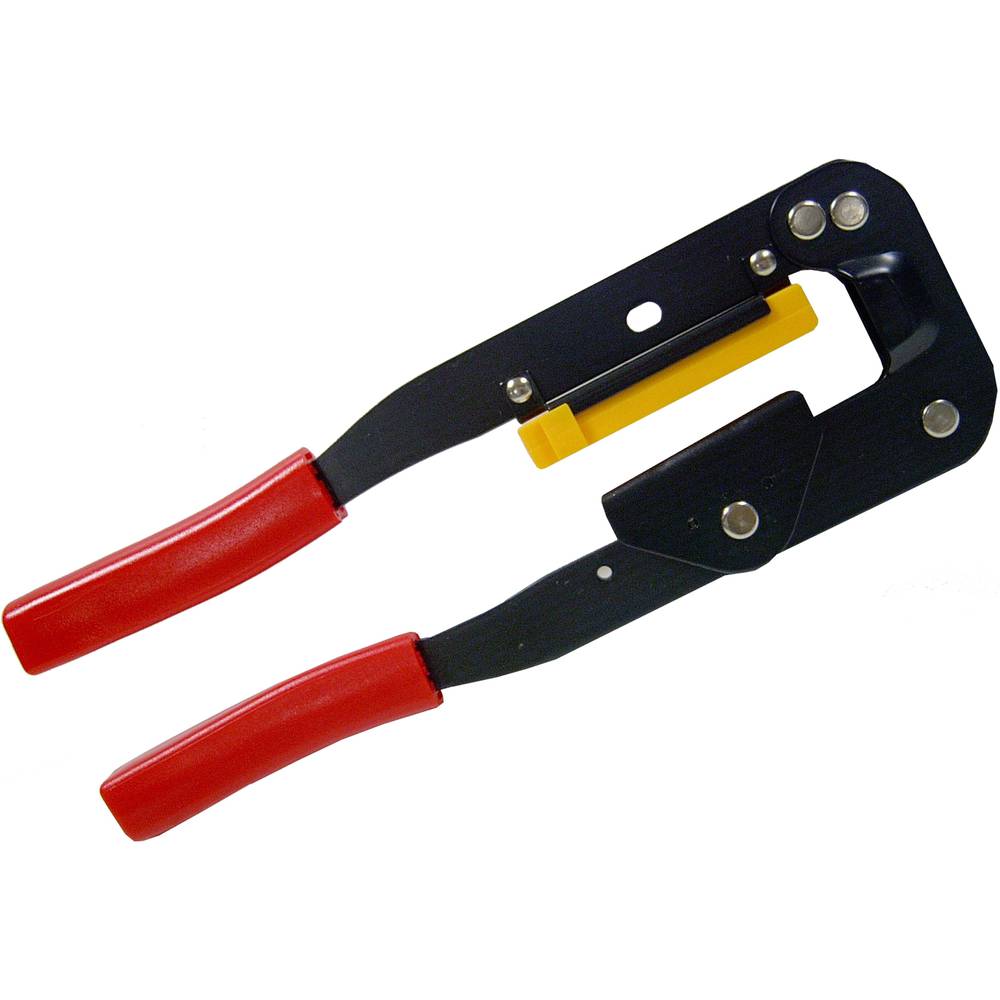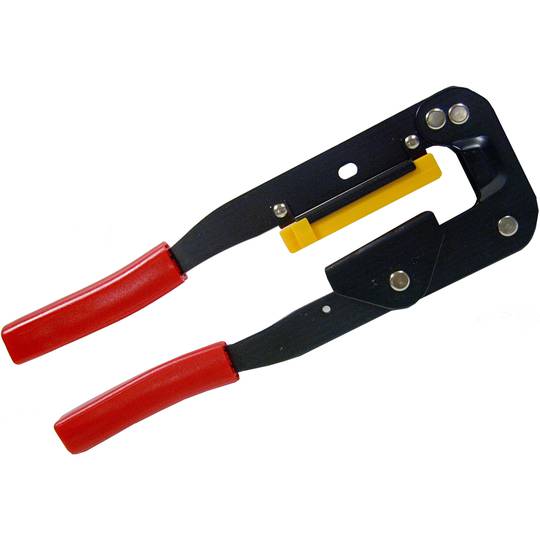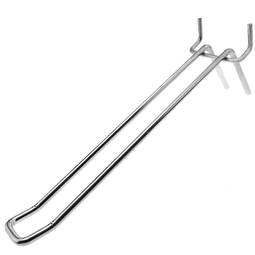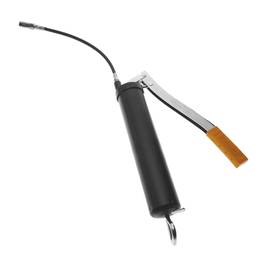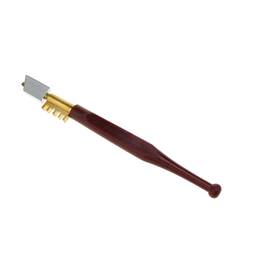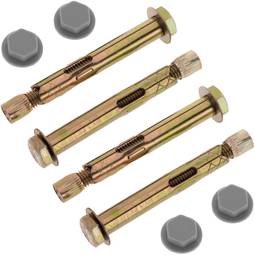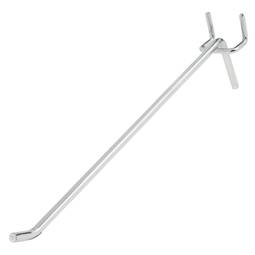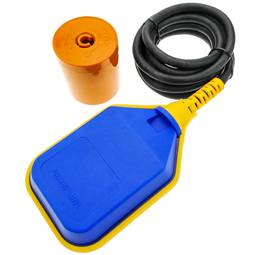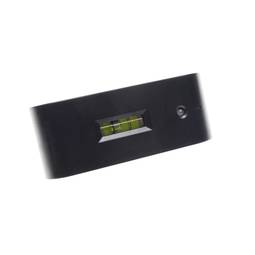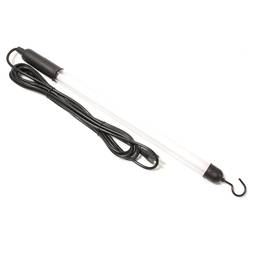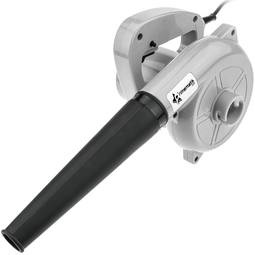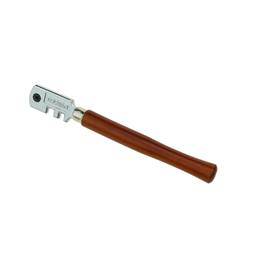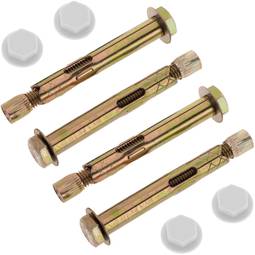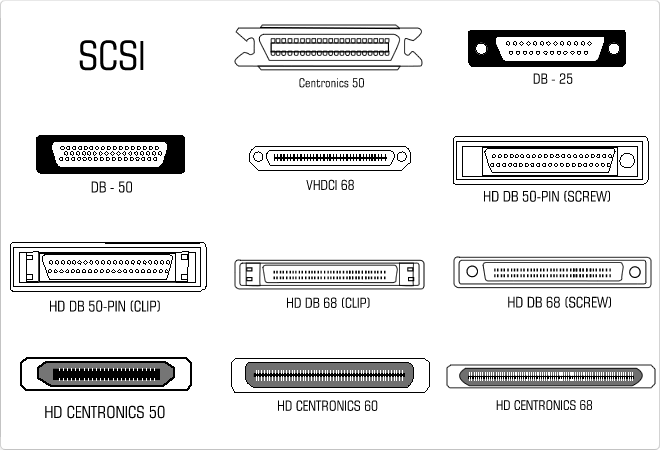03/20/2025 7:36 a.m.
http://cablematic.iskra.cat/en/products/idc-connector-crimping-tool-CM091/
http://cablematic.iskra.cat/en/products/idc-connector-crimping-tool-CM091/
IDC Connector Crimping Tool
REF: CM091
Specifications
- Crimping tool designed for the classic IDC connectors of internal data hoses.
- Some of the most popular IDC connectors are 40-pin IDE, 40-pin and 80-wire ATA-100, 50-pin SCSI, 80-pin WideSCSI/LVD, etc.
- This type of connector is supplied in two parts that are pressed as a sandwich with the flat cable in question.
- It is a very useful tool with functionality similar to that of a press de hand.
PVP
€14.28
Price including VAT:
€14.28
PVD
€12.50
PVP: Retail price.
Check conditions.
PVP: Sale price to distributors.
Check conditions.
warranty
returns
safe
Specifications
- Crimping tool designed for the classic IDC connectors of internal data hoses.
- Some of the most popular IDC connectors are 40-pin IDE, 40-pin and 80-wire ATA-100, 50-pin SCSI, 80-pin WideSCSI/LVD, etc.
- This type of connector is supplied in two parts that are pressed as a sandwich with the flat cable in question.
- It is a very useful tool with functionality similar to that of a press de hand.
Keywords
Did not find what you were looking for? These topic could help you
More info
Crimping tool designed for the classic IDC connectors of internal data hoses. Some of the most popular IDC connectors are 40-pin IDE, 40-pin and 80-wire ATA-100, 50-pin SCSI, 80-pin WideSCSI/LVD, etc. This type of connector is supplied in two parts that are pressed as a sandwich with the flat cable in question. It is a very useful tool with functionality similar to that of a press de hand
- Gross Weight: 530 g
- Product size (width x depth x height): 24.5 x 8.0 x 1.7 cm
- Number of packages: 1
- Packages size: 33.0 x 13.0 x 2.0 cm
Technical terms
- IDE - ATA
- SCSI
- IDC
- LVD
IDE - ATA
The ATA (Advanced Technology Attachment English) or PATA interface, originally known as IDE (Integrated Device Electronics) is an interface standard for connecting devices massive data storage and optical drives that uses the standard ATA derivative and the ATAPI standard.



